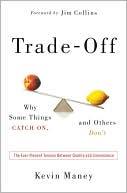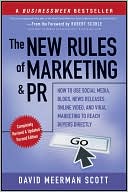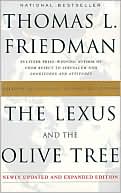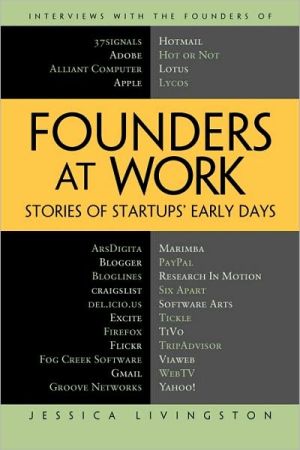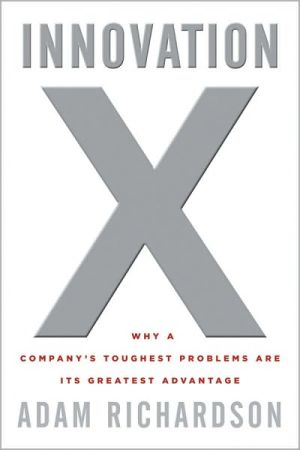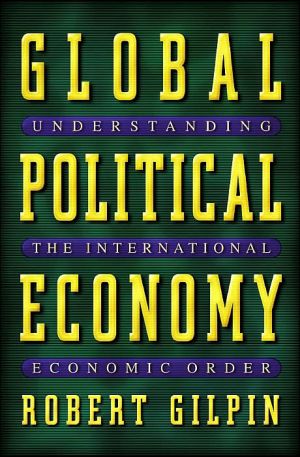Trade-Off: Why Some Things Catch On, and Others Don't
Search in google:
A Fresh and Important New Way to Understand Why We BuyWhy did the RAZR ultimately ruin Motorola? Why does Wal-Mart dominate rural and suburban areas but falter in large cities? Why did Starbucks stumble just when it seemed unstoppable?The answer lies in the ever-present tension between fidelity (the quality of a consumer’s experience) and convenience (the ease of getting and paying for a product). In Trade-Off, Kevin Maney shows how these conflicting forces determine the success, or failure, of new products and services in the marketplace. He shows that almost every decision we make as consumers involves a trade-off between fidelity and convenience–between the products we love and the products we need. Rock stars sell out concerts because the experience is high in fidelity-–it can’t be replicated in any other way, and because of that, we are willing to suffer inconvenience for the experience. In contrast, a downloaded MP3 of a song is low in fidelity, but consumers buy music online because it’s superconvenient. Products that are at one extreme or the other–those that are high in fidelity or high in convenience–-tend to be successful. The things that fall into the middle-–products or services that have moderate fidelity and convenience-–fail to win an enthusiastic audience. Using examples from Amazon and Disney to People Express and the invention of the ATM, Maney demonstrates that the most successful companies skew their offerings to either one extreme or the other-–fidelity or convenience-–in shaping products and building brands. Publishers Weekly Joining the nonfiction tradition of redefining simple concepts in terms of more complicated ones, technology journalist Maney presents theories of fidelity (consumer experience) and convenience (ease of getting/using products) to explain the success or failure of marketable goods. Terms like "fidelity swap" and "fidelity belly" are rife, but Maney's explanations boil down to the conflict between ego gratification and straight-up laziness: visit McDonalds, and you get an easy (cheap) meal while impressing nobody; attend Harvard and you'll impress people, but at an inconvenience cost of hard work and big money. Maney's plethora of examples range from Wal-Mart and Starbucks to newspapers and fashion labels: "A big part of fidelity is derived from a product's aura and identity... thus, $20,000 for a Hermes bag." Some honest insights do crop up-"High convenience is not about love, but about need... about habit"; "Mass is about convenience, and luxury is about fidelity. They can't coexist"-which might clue in general readers to the forces behind their shopping choices, but should prove old hat for experienced business readers. Copyright © Reed Business Information, a division of Reed Elsevier Inc. All rights reserved.
